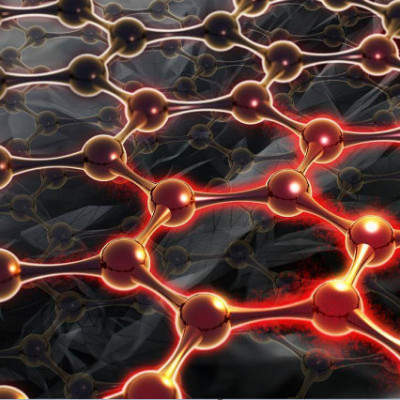
2022-08-02
Visited : 2991
Ceylon Graphene Technologies, a start-up nano technology firm in Sri Lanka is expanding capacity as industrial batteries made with the advanced material are about to hit the market, an official said.
CGT has developed technology to convert vein graphite into graphene, a thin carbon lattice which has a high commercial value.
It is a joint venture between Sri Lanka Institute of Nanotechnology (SLINTEC), a research body backed by the government and private partners.
Colombo-based LOLC group owns 85 percent of CGT and SLINTEC 15 percent.
While vein graphite sells for about 1.2 to 1.8 dollars a kilogram, graphene can sell for around 3,000 dollars per kilogram, Chief Executive of CGT Manju Gunawardana said.
Gunawardana also heads advanced technology research at the LOLC group.
About two million US dollars had so far been invested in the project.
CGT is getting vein graphite from mines mainly from Kahatagaha, Bogala and Ragedara graphite mines. Sri Lanka has some of the purest vein high crystalline vein graphite in the world with 98 percent carbon purity.
Gunawardana said, Exide, an Indian battery maker would be among the first customers of CGT who will make an end-user product.
A graphene applied lead-acid industrial battery has already been developed, which outperforms conventional batteries. It will be commercially rolled out in the near future, he said.
CGT now has a plant that can produce about three tons of graphene a year.
In April additional capacity will come on stream which will boost annual output to eight tons, Gunawardana said.
“We are manufacturing according to the orders we get,” he said. “We will expand according the demand.”
CGT produced Graphine Oxide (GO) and reduced Graphine Oxide (rGO).
Graphene can also be used in electric vehicles, 2-D materials, sensors, printed electrical wearables and paints Gunewardene said. (Colombo/Feb07/2020 – Update II)
Read the original article on Economy Next.